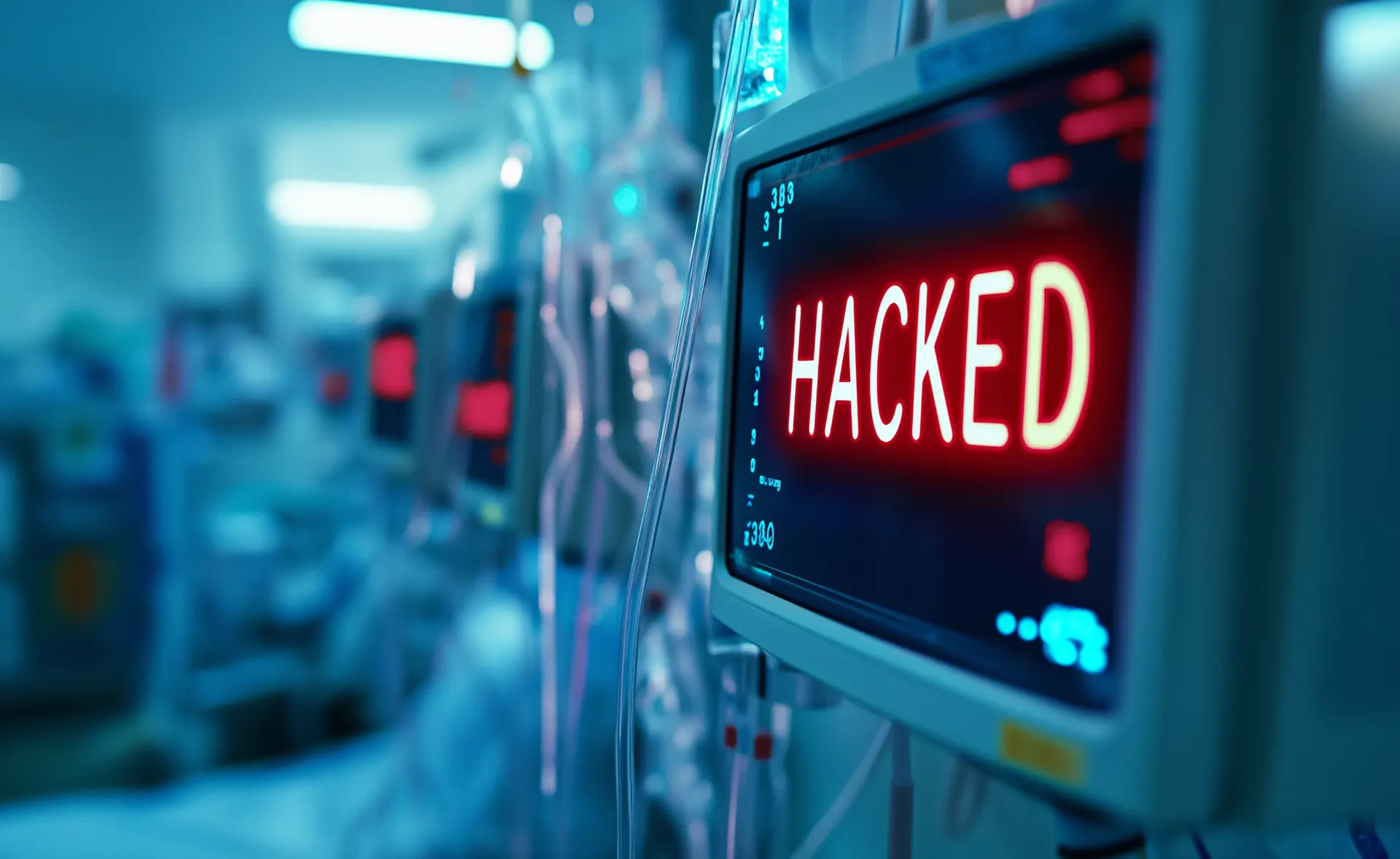Table of contents
- Cyber security in healthcare under attack
- Ransomware: the main threat to healthcare
- The human factor: a double-edged sword
- The impact of cyber attacks on healthcare
- The role of institutions and education
Cyber security in healthcare under attack
Cyber security in healthcare has become one of the greatest challenges of our time, with a growing number of cyber attacks threatening the security of sensitive data and the functionality of hospital infrastructures.
In Potenza, during a conference organized by the National Cyber Security Agency (ACN) in collaboration with the Basilicata Region, experts emphasized the urgency of addressing this emergency with targeted strategies and greater awareness.
Ransomware: the main threat to healthcare
The Director General of ACN, Bruno Frattasi, highlighted how ransomware is the main danger for healthcare facilities, not only in Italy but worldwide. When a hospital is hit, the damage occurs on two levels:
- Loss of sensitive data
With the risk of medical information being compromised.
- Economic damage
Often worsened by ransom demands from cybercriminals.
To counter these threats, Frattasi stressed the importance of implementing adequate security measures, constant updates, and a centralized strategy for protecting IT systems.
The human factor: a double-edged sword
While advanced technology can enhance cyber security, the human factor remains a critical issue. Lack of awareness and training make healthcare personnel vulnerable to attacks such as phishing and social engineering.
“Zero risk does not exist, but spreading a culture of cyber security is essential to reducing damage,” said ACN Deputy Director General Nunzia Ciardi. She also addressed the young audience at the event, encouraging them to pursue studies in STEM disciplines, which are essential for building a safer digital future.
The impact of cyber attacks on healthcare
The effects of a cyber attack go beyond data breaches and directly impact healthcare services. Undersecretary Alfredo Mantovano recalled how, seven years ago, a ransomware attack paralyzed the British healthcare system, causing the cancellation of thousands of surgeries and the shutdown of emergency departments.
In 2024 alone, Italy recorded 57 cyber attacks on the healthcare sector, a sharp increase from the 12 recorded in 2023. This demonstrates that attacks are rising rapidly and that security measures must be strengthened.
The role of institutions and education
The Potenza event reinforced the importance of joint action between institutions and citizens. Potenza Mayor Vincenzo Telesca, Basilicata Region President Vito Bardi, and other political representatives emphasized the urgency of adopting stricter security protocols and raising awareness among healthcare personnel.
Furthermore, experts highlighted that cyber security is not just a technological issue but a collective commitment. Every citizen has a role in protecting data and preventing attacks.
